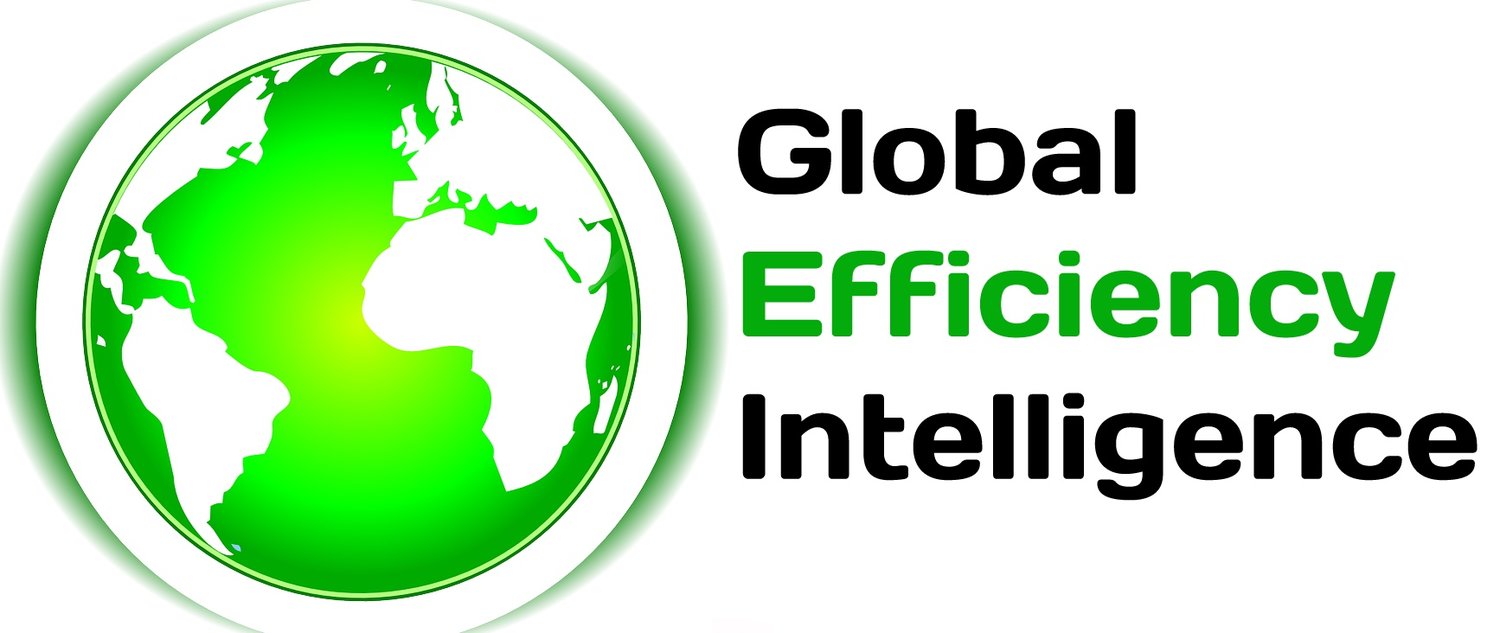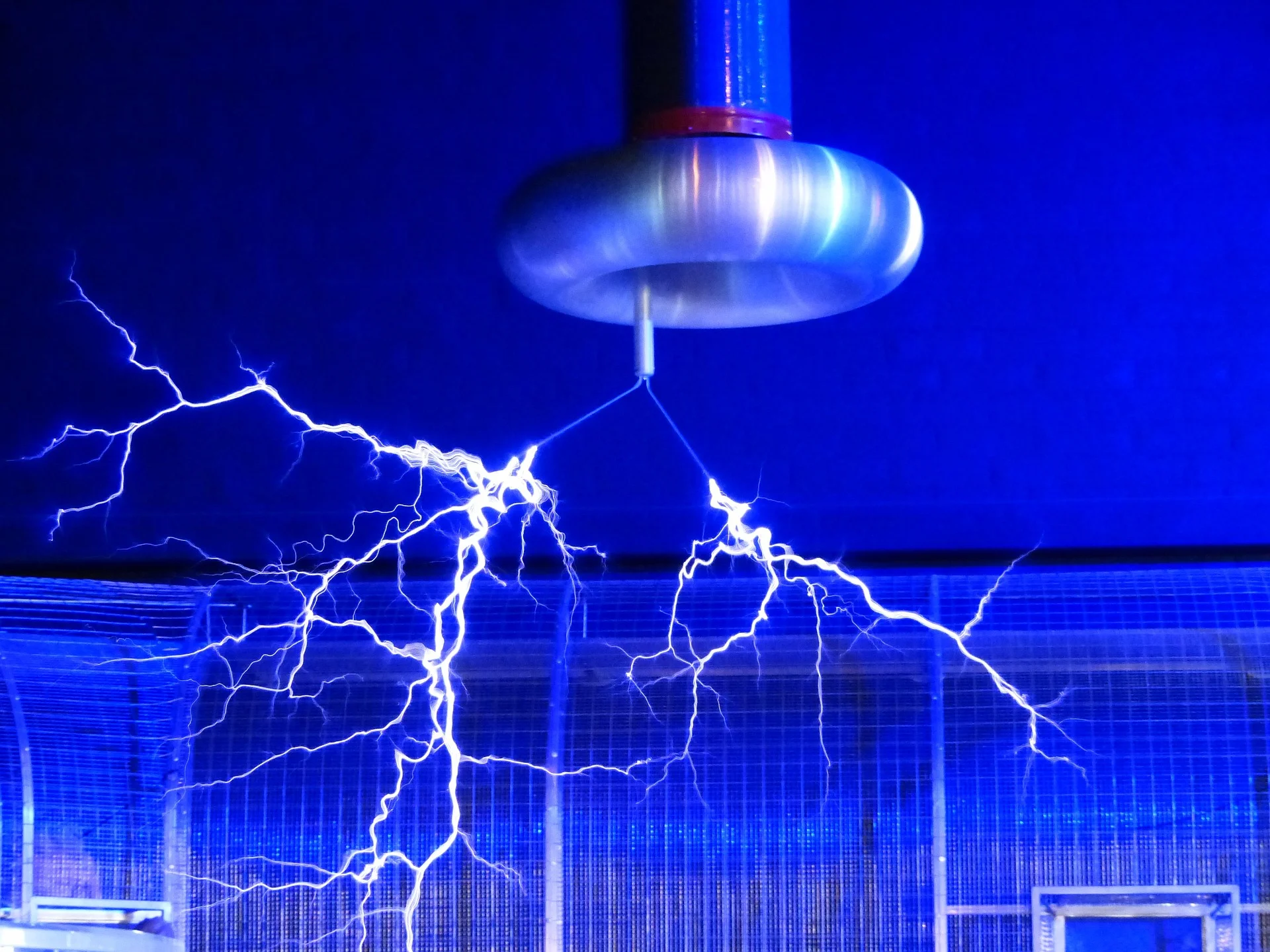Electrification & Net-Zero Industry
The Paris Agreement aims to keep the global average temperature rise well below 2°C above preindustrial levels and to pursue efforts to limit it to 1.5°C. Many studies indicate that to achieve even the 2°C target, global GHG emissions must have peaked by 2020 and then declined to reach net-zero GHG emissions (NZE) by around 2050. The later the emissions peak, the sooner global NZE must be achieved to stabilize GHG concentrations and limit temperature increases.
All projections show further reductions in renewable electricity generation costs and a substantial increase in capacity worldwide in the coming years. Assuming the global electricity grid can be decarbonized quickly, electrifying end-uses of energy offers a major solution for cutting GHG emissions. While electrifying the building and transport sectors is relatively straightforward technologically, electrifying the industrial sector is far more challenging. More research, development, and demonstration (RD&D) are needed to electrify a significant portion of manufacturing processes, given that around 80% of final energy use in industry currently relies on fossil fuels. The industrial sector accounts for around 30% of the world’s total GHG emissions.
It should be noted that other measures—such as energy efficiency, material and product demand reduction, CCUS, and transformative or emerging technologies—must be implemented alongside electrification to achieve a net-zero industrial sector.
Global Efficiency Intelligence has unique expertise in analyzing electrification and decarbonization in manufacturing to attain NZE industry goals. We have conducted scenario analyses that quantify the potential for electrification and decarbonization to reduce GHG emissions in the future, focusing on transitioning existing and anticipated industrial equipment and processes from fossil-fueled to more efficient electric technologies. With an in-depth understanding of various industry subsectors, systems, and technologies, we can carry out bottom-up, technology-level analyses for electrification and net-zero pathways.
In addition to electrification, we also examine direct use of renewable energy (e.g., renewable heat) in end-use applications, energy efficiency, material and product demand reduction, carbon capture utilization and storage (CCUS), and other transformative or emerging technologies. Our work provides strategic guidance and pathways for investors, businesses, policymakers, utilities, and other stakeholders, enabling informed decisions for long-term planning.

